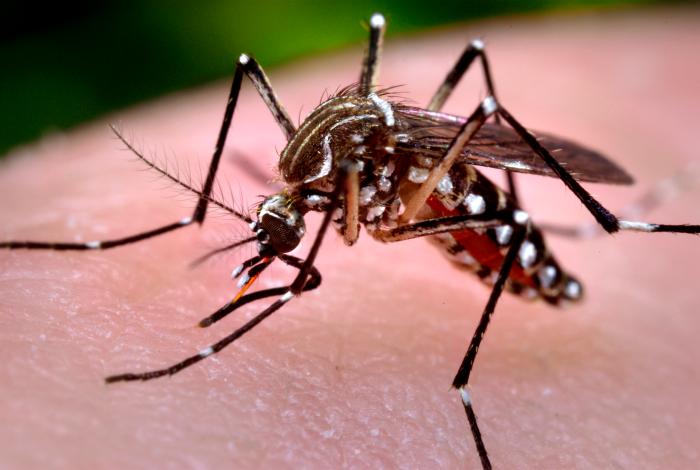Malaysia saw the most dengue fever cases in years in 2015 topping 120,000, including more than 300 fatalities. Looking at the early numbers in 2016, it appears the dengue scourge will continue this year.

According to the latest health data from the Malaysian Ministry of Health, more than 8,500 dengue fever cases have been reported through Jan. 20. Fourteen deaths have been reported.
Like 2015, half the cases have been reported from Malaysia’s hotspot–Selangor state.
Bad health situations often cause people to turn to alternative treatments and dengue fever is not immune.
One restaurant in Kampung Panji Alam, Terengganu state has seen people flock there to get their Nipah crab soup. The increased demand for the soup, now given the nickname, “dengue fever soup”, has even been ordered as take-out so family members could take it to their relatives in the hospital.
Asked about the effectiveness of alternative medicine, state health department director Dr Mohammad Omar called it a form of supplements, not a substitute to getting proper treatment.
Malaysia is not alone in the demand or advice on alternative dengue therapies.
In the Philippines, which reported more dengue than Malaysia last year, people, including some influential people publicly recommend herbal therapies like papaya leaves and camote, or sweet potatoes.
According to the US Centers for Disease Control and Prevention (CDC), Persons who think they have dengue should use analgesics (pain relievers) with acetaminophen and avoid those containing ibuprofen, Naproxen, aspirin or aspirin containing drugs. They should also rest, drink plenty of fluids to prevent dehydration, avoid mosquito bites while febrile and consult a physician.
As with dengue, there is no specific medication for Dengue hemorrhagic fever (DHF). If a clinical diagnosis is made early, a health care provider can effectively treat DHF using fluid replacement therapy. Adequately management of DHF generally requires hospitalization.
Related:
- Thailand dengue fever cases quadruple in one week
- Nigeria News Today: Lassa outbreak grows, Adewole points fingers?
- Brazil: More microcephaly cases, Zika lab testing capacity increased
Robert Herriman is a microbiologist and the Editor-in-Chief of Outbreak News Today and the Executive Editor of The Global Dispatch
Follow @bactiman63


Is there any evidence that the home remedies give any relief to the sick individual, other than replace fluids?